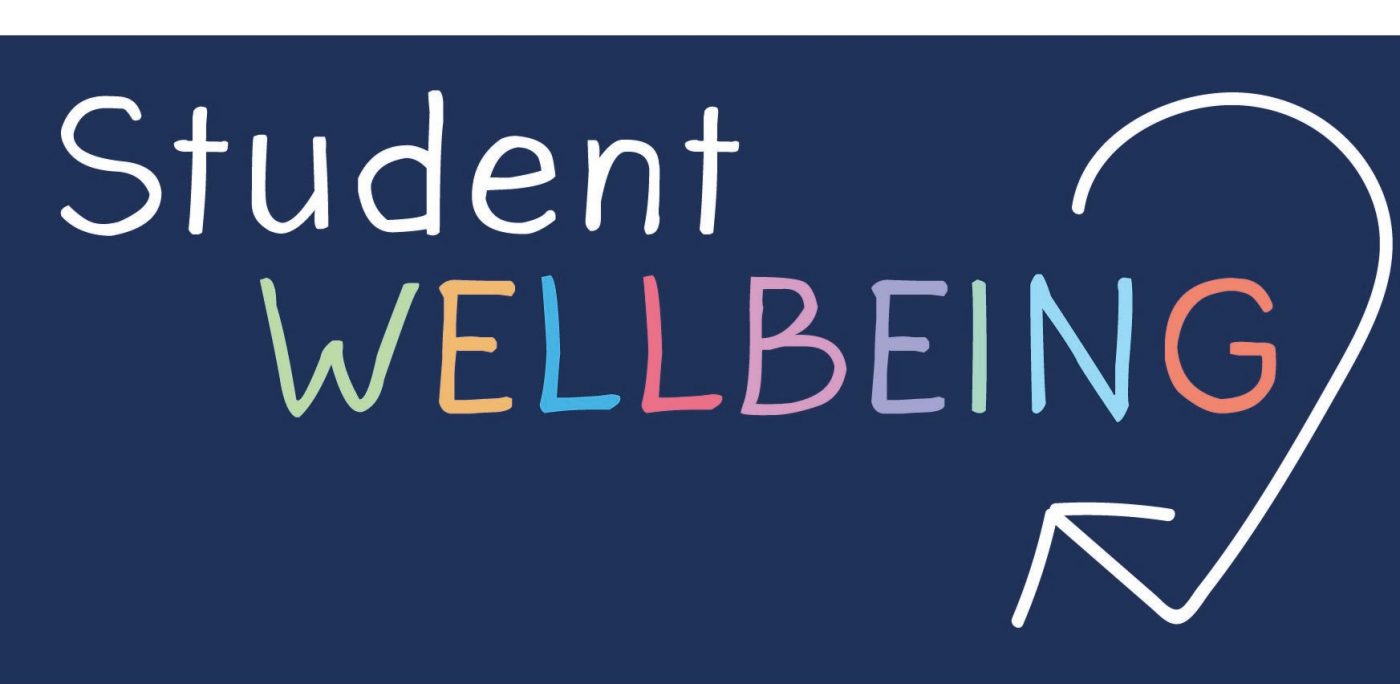Social Media Minimum Age
From 10 December 2025, many major social-media platforms will not allow Australians under 16 to create or keep accounts.
The push for this change is driven by concerns about features in social media that:
- Encourage excessive screen time (e.g., endless scrolling, notifications, disappearing content)
- Increase exposure to negative or manipulative content (via algorithms)
These features have been linked with increased stress, poor sleep and concentration problems for young people.
The aim is to delay, not ban, access – giving under-16s time to build digital, social and emotional skills before full participation.
Key facts for families
-
- The restriction is expected to cover platforms such as Facebook, Instagram, Snapchat, TikTok, X and YouTube.
- Under-16s will still be able to view publicly-available content (that is, without an account) but will not be able to maintain a full account on these “age-restricted” platforms.
- This change doesn’t apply to many messaging-only, gaming-only or educational services — which will still be available to under-16s.
- There are no legal penalties for a child having an account before the cut-off; the responsibility is placed on the platforms to remove or deactivate under-16 accounts.
What can you do as parents/carers
- Talk openly and calmly with your child about what the change means: the “why”, the “when”, and what it looks like for your household.
- Lead with empathy: acknowledge the feelings (frustration, sadness, worry) your child might have.
- Use the time before December to build:
- stronger digital, social and emotional skills
- good online habits (screen-time limits, understanding online risks)
- alternative ways to connect with friends and interests offline or on safe platforms.
- Stay alert for signs your child may be struggling with the change: mood shifts, secrecy, sleep issues, withdrawal. Offer trusted routes of support. Source
The Need for Connection and Belonging
Whilst most of us will acknowledge that social media has had a negative impact on mental health of young people, it has also had a positive impact allowing young people to stay connected, create a sense of belonging and has helped form their identity.
During Covid lockdowns – our students relied heavily on digital communication to stay in contact and maintain friendships. And although there are other digital communication tools which are not social media- it may still fracture some young people’s connection to their peers.
As is the advice by the eSafety Commissioner, I would encourage parents and carers to be proactive and ensure your child has other means of communication and is willing to use these means. You may need to practice this. Parents and carers may also need to play a more proactive approach to supporting socializing especially if your child relies upon social media. Not all young people will be able to problem solve this on their own.
In a recent survey by Headspace- they found that 53% of young men (12-25) reported feelings of isolation and loneliness. Loneliness can create an increased risk of anxiety and depression and reduced self esteem. Without the ability to connect, this could lead to an increase in loneliness especially amongst our male students.
Protecting children from online harm is vital but so is actively fostering a sense of belonging and connection.
Mr Paul Graham
Student Support and Resources Manager
